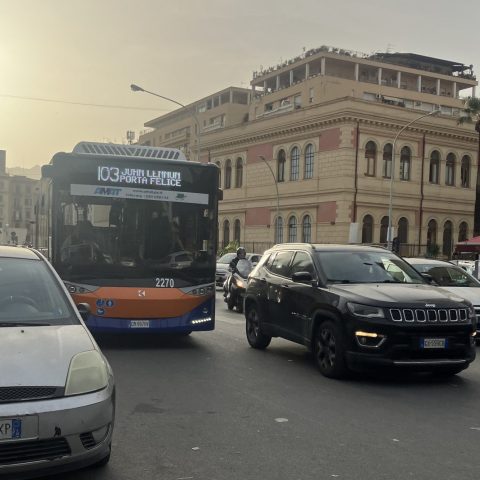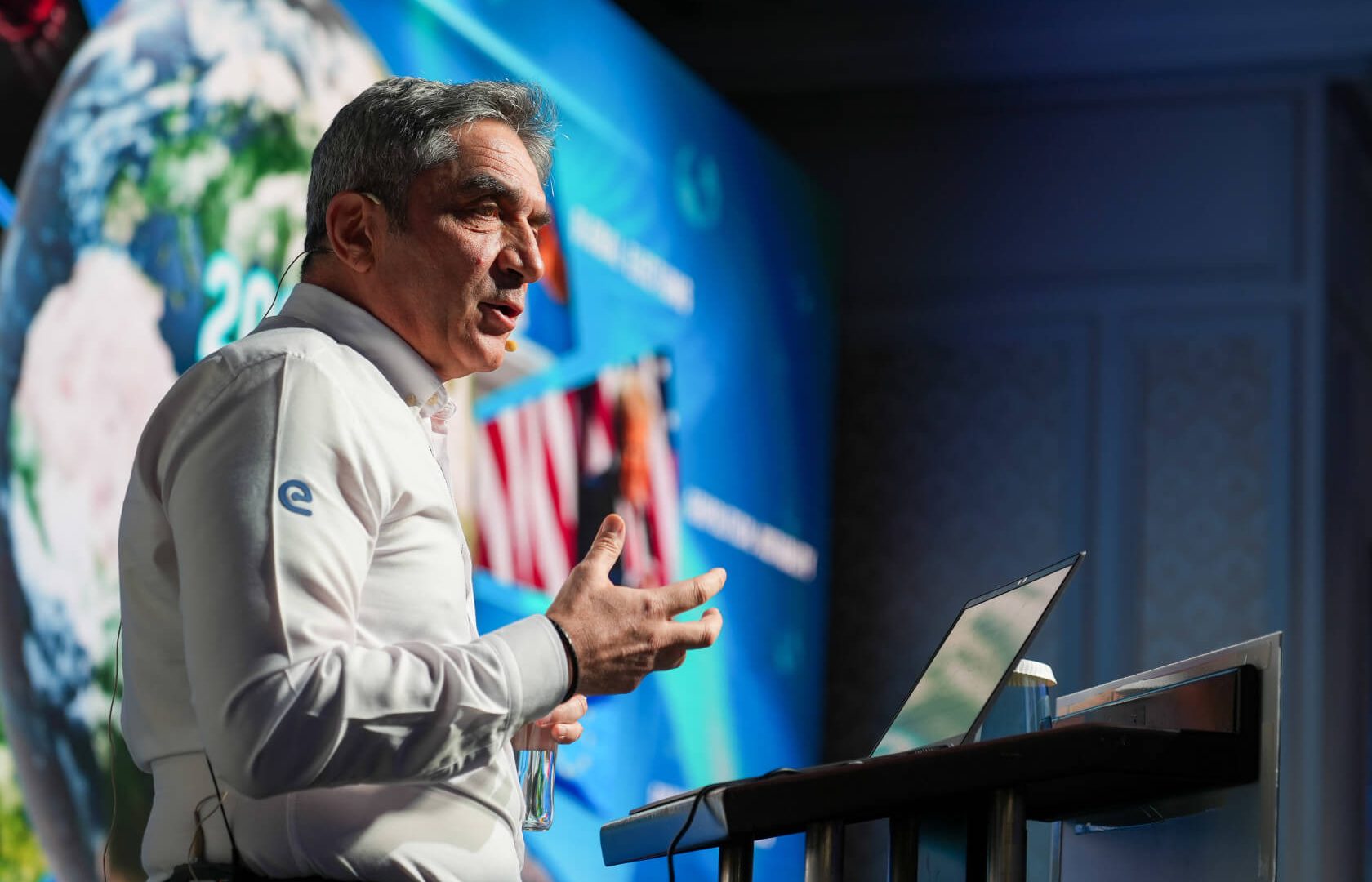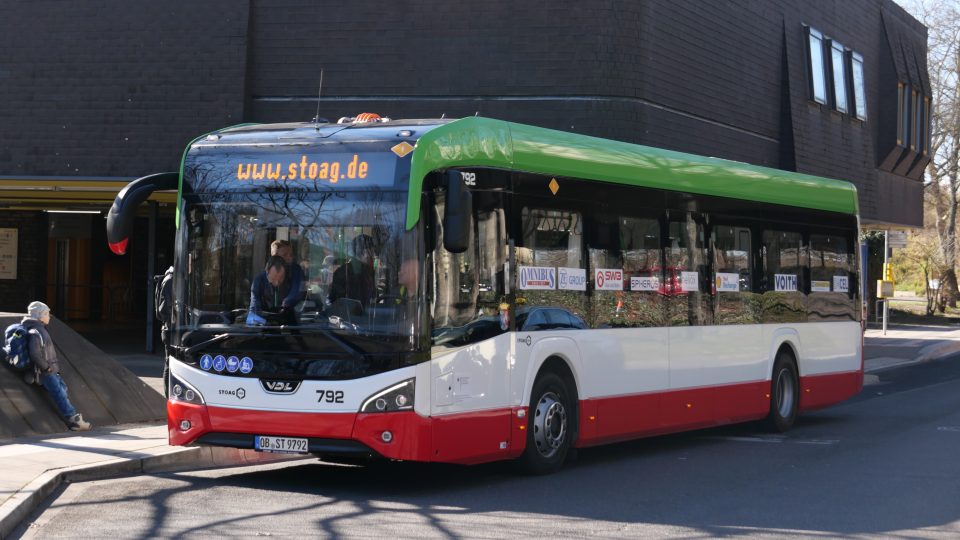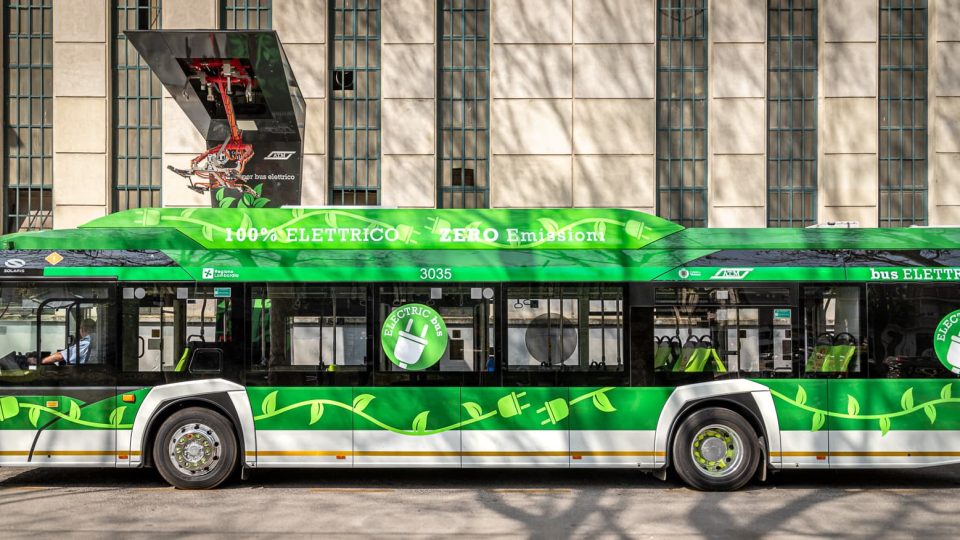Karsan results 2024: profit up 28%, electric bus sales reach 540 units
Karsan closed 2024 with a turnover of €296 million, 540 electric vehicle deliveries, and a 28% increase in profitability, according to its official year-end statement. Looking ahead, Karsan targets sales of 700 electric vehicles in 2025, with a projected global electric fleet of 2,200 units. It anticipates a total turnover of €350–400 million, with electric […]

Karsan closed 2024 with a turnover of €296 million, 540 electric vehicle deliveries, and a 28% increase in profitability, according to its official year-end statement.
Looking ahead, Karsan targets sales of 700 electric vehicles in 2025, with a projected global electric fleet of 2,200 units. It anticipates a total turnover of €350–400 million, with electric vehicle revenue contributing €200–250 million.
Karsan results 2024
The company reports that it was responsible for 82% of Türkiye’s electric public transportation exports to Europe over the past six years. Karsan ranked 8th in the European electric bus market in 2024, with a market share of 4.5%. It reached top-three positions in countries such as Italy, Romania, Portugal, and Switzerland, and placed among the top four in France and Austria, still according to company’s figures.
Segment leadership continued for both the e-Jest and e-Atak models. According to the company, the e-Jest achieved a 37% market share and the e-Atak reached 29%, maintaining their leading positions in their respective categories for the fifth consecutive year.
The 540 electric vehicles delivered in 2024 mark a 45% increase over the previous year. The electric vehicle turnover grew from €106 million in 2023 to €161 million in 2024, up 52%.
The company’s global electric fleet now exceeds 1,500 units across 27 countries on three continents. In North America, where the market entrance dates back to 2022, 183 e-Jest vehicles are currently in operation. Karsan also delivered its first right-hand drive vehicles to Japan in 2024 and listed the UK among its next target markets.
Autonomous technology is also part of the company’s focus. Karsan is involved in 11 autonomous projects across 10 countries. Its Autonomous e-Atak model, developed in partnership with Adastec, is already carrying passengers in Norway in live traffic.
The company also aims to expand its offering in the hydrogen and autonomous segments. A hydrogen bus prototype has been completed, and Karsan has signed a strategic partnership with Toyota in this area.
Stating that they have produced a total of 87 thousand passanger cars in 2023 and 2024, CEO Okan Baş said, “We started 3 shifts in production again. Until 2028, our annual passanger car production will continue at the level of 55 thousand units”.
Karsan’s strategies, in the CEO’s words

Emphasizing that Karsan’s 2025 goal is to become the main player in the electric public transportation market, Karsan CEO Okan Baş said, “In 2025, we will further our strength in electric mobility. Our goal is; 30% growth, sales of 700 electric vehicles and reaching a global electric vehicle park of 2,200 units. With this growth, we expect to increase our total turnover to 350-400 million euros and our electric vehicle turnover to 200-250 million euros. However, for us, it is not only the numbers that are critical, but also to pioneer the technologies that shape the future. 2025 will be a year in which we will diversify our product range in both electric, autonomous and hydrogen, expand our market potentials and present innovations that will make a difference in the sector. Although we have a full product range, we never stop. Because in order to remain a leader in the sector, to always be one step ahead, you have to constantly improve and prepare for the future. Therefore, 2025 will be a year in which we invest in new products and advanced technologies for Karsan.”
He adds: “As Karsan, we are primarily present in public transportation. We work in the field of urban public transportation. We want to embrace all new technologies in this field. There are 3 technological areas. Electric, hydrogen-fueled and autonomous. Since we first started this business, we have always worked on these 3 areas. Today, there are 150 thousand electric vehicles in the world’s urban public transportation. This number will increase to 300 thousand units between 2030-2035. This is a serious growth signal and a serious market potential. It clearly shows us that we are in the right place. There are 2 areas in this. Electric and hydrogen. We believe that 10 percent of the public transportation market will be hydrogen-fueled vehicles in the future. This is lower today but will grow faster in the future. In this sense, we will exist in both electric, hydrogen-fueled and autonomous vehicles. In doing so, as Karsan, we always aim to be one step ahead in order to create value and difference.”







